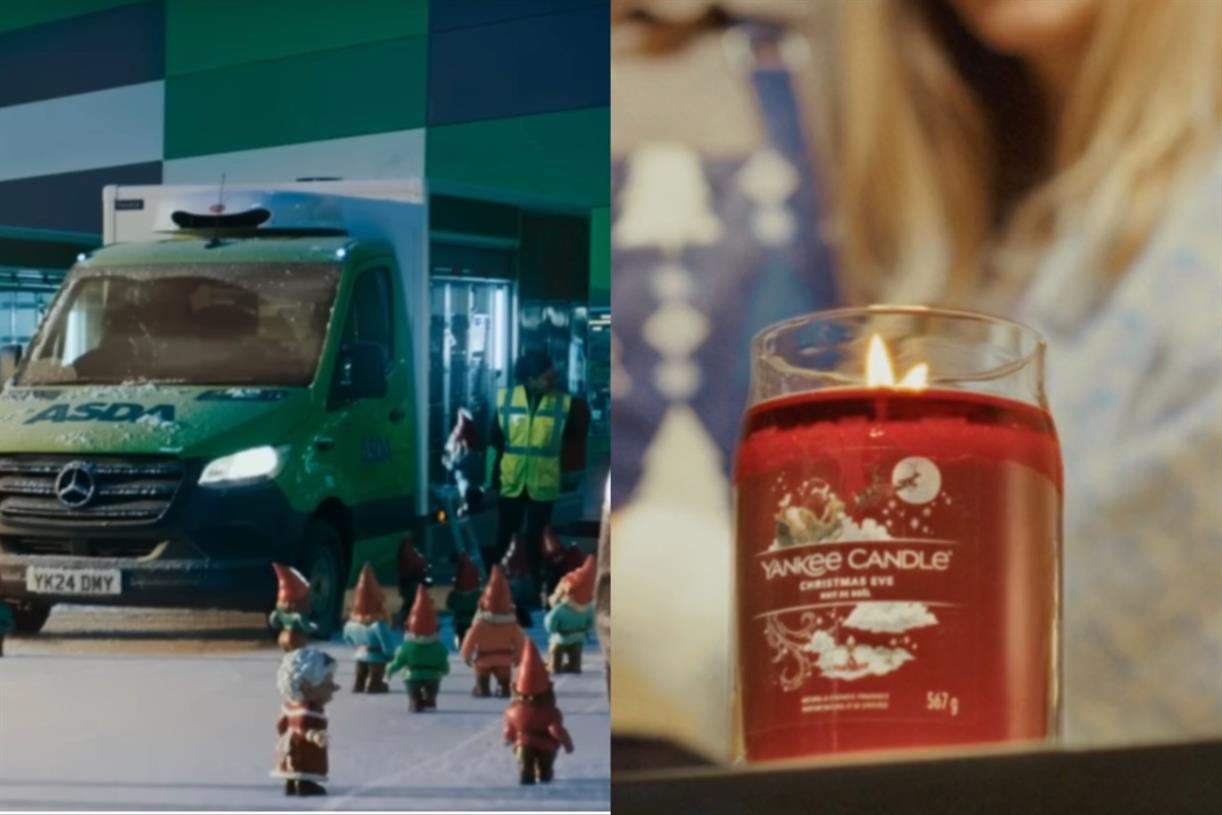Volkswagen's polarizing April Fools’ Day joke built brand buzz, but at what cost?
Examining the fallout from the "Voltswagen" joke that the brand had to end prematurely in the wake of negative press.

Depending on who you talk to, the VW’s “Voltswagen” stunt was either one of the greatest April Fools' marketing pranks of all time or the absolute worst. But one thing's for sure: people are talking.
The German company is facing negative press coverage in the wake of owning up to the fact that the announcement earlier this week—that its American division would rebrand as Voltswagen—is nothing more than a joke. The move was designed to play out over a series of days, with executives even pushing the rebrand on social media and a reveal slated for April Fools’ Day. The punchline, apparently, was supposed to be that while, yes, “Voltswagen” is not real, the marketer’s electric vehicle ambitions are serious. The automaker’s lead U.S. ad agency, Johannes Leonardo, was involved in the effort, which got buy-in from high-level executives including Scott Keogh, president and CEO of Volkswagen of America.
But to some observers, the brand pushed it too far, including with statements from executives that made it seem real. So instead of getting a few innocent chuckles, the automaker is having its credibility called into question, especially by reporters who felt duped.
VW today is trying to put a positive spin on the joke, issuing a tweet saying it “got the whole world buzzing,” and that “people talking about electric driving and our ID.4 can only be a good thing,” referring to its ID.4 electric vehicle now hitting dealerships.
That sentiment is backed up by John Luciano, managing partner of a Volkswagen dealership in Amarillo, Texas. “The phones rang off the hook and the texts were roaring in,” he says. “People embraced it,” he adds. “It’s cute, it’s harmless. In a world right now where everything is so brutally negative, this was very fun and very positive.”
But it’s hard to deny that the attention came with at least some public image cost, as the company deals with negative headlines about a joke that some observers say went bad.
“Volkswagen caught lying again, this time about changing its name,” was the headline of an Associated Press story as it appeared on MarketWatch on Tuesday evening, reconjuring VW’s 2015 emissions-cheating scandal. The AP was among several mainstream news organizations that originally reported the Voltswagen rebrand as real, citing a “person who was briefed on the plan.” But the news service in its follow-up story on the fake news was highly critical, even raising the issue about the stunt possibly getting the publicly traded company into hot water with U.S. securities regulators for spreading misinformation.
Ad Age never reported the news as real, citing irregularities like the fact that VW never registered Voltswagen as a trademark, which, while not required, would likely have been recommended by lawyers. Still, other outlets that went with the story cited conversations in which VW sources insisted it was real, including USA Today reporter Nathan Bomey, who lobbed complaints at the company on Twitter after the news was revealed as fake. “I asked my VW source directly: Yes, I see the announcement, but this is a joke, right? No, it’s not a joke, he said. Now they admit it was,” he tweeted.
VW of America execs are showing no signs of backing off. “The many positive responses on social media showed that this campaign resonated with consumers,” the marketer said in a statement. “At the same time, we realize the announcement rollout upset some people and we are sorry about any confusion this has caused.”
The biggest question for the brand is how the joke will land with consumers across the nation, including VW loyalists—and if it will affect sales one way or another.
So far the reviews are mixed, although there is plenty of criticism on VW’s Facebook page. Some of the brand’s fans thought the name change was real, and many of them did not like it. “This is gimmicky. Nothing against them going electric but they could find a better way to advertise the move,” stated one commenter. The reaction did not get much better once folks found out it was a stunt. “Coming as it does on the heels of their Dieselgate scandal in 2015, I feel this was a v-e-r-y dumb move on VW's part,” stated one person, while another called it “the worst PR campaign from that VW I've ever seen, and I remember "Fahrvergnügen!”
Mission accomplished or navel gazing?
The episode is yet another example of the lengths marketers will go to seek attention in an era where traditional advertising, like big splashy TV ads, just don’t resonate like they once did. But, of late, more brands seem to be getting burned by stunts than benefiting from them. Witness Burger King, which was forced to apologize for its stunty “Women belong in the kitchen” tweet in early March that was designed to drive eyeballs to a campaign meant to amplify women.
“Brands ought to focus on basics: their values, their products and understanding the consumer intimately,” says Jason DeLand, a partner at ad agency Anomaly. “Playing the brand name game to generate publicity does none of this. It’s like being in a room by yourself, staring at your own navel,” he adds, referring to VW’s gambit.
Mike Sheldon, the former CEO and chairman of Deutsch—which was VW’s U.S ad agency for nine years until 2018—says VW bungled the joke on multiple levels, including by planting it too early. “The nature of a great April Fool joke is that you forget for a moment that it’s April 1st. The same dynamic can’t exist four days before,” says Sheldon who now runs an ad agency advisory service. Also, “you never intentionally lie to the press,” he added. And in his view, the joke wasn’t even funny. “It’s kind of like when Radio Shack started calling themselves ‘The Shack’—gag,” he says. “VW at its best IS the people’s car, it’s inclusive, fun, intelligent and effortlessly cool. This ain’t that.”
The silliness could also harm VW from a corporate standpoint, as it seeks to regain trust from key stakeholders, including the financial press, in the wake of the emissions scandal, which led the company to admit it installed deceptive software on cars that cheated government tests.
“A serious and large company like Volkswagen really has no business playing around with these kinds of things,” Mario Natarelli, managing partner at branding agency MBLM, says about the prank. “We are in the business of building brands and these things are supposed to last and stand the test of time,” he adds. “They are supposed to endure, they are supposed to be about trust. You can’t mess with that. It isn’t worth the clicks, or the likes, or the shares. It’s the wrong trade-off.”
Still, he does not expect VW to suffer any long-term brand damage. If anything, it’s a case study in “how to botch a prank, I don’t think it’s going to endure past that,” he says.
Karen Doyne, a crisis communications expert at Doyne Strategies, sees an upside to all the press. “VWs goal clearly was to create millions of headlines and posts linking its brands to electric cars, and it worked. Mission accomplished,” she says. “Even the criticism of it raised the visibility. It certainly wasn’t offensive in a way that would turn consumers off.”
She adds: “Most of the criticism by business writers is inside baseball. Yes, VW now may have some journalists with bruised egos, but clearly the main goal was to reach consumers—and consumers, by in large, are not reading those business stories.”
As for Luciano, he says his dealership, called Street Volkswagen, will keep leaning into the joke. It already hurried together signage that says “Street Voltswagen. Electrify Amarillo,” and had t-shirts made for staff. “I think the name will stick to the people that buy them,” he says, referring to VW’s electric cars. “I think they will laugh about it and they will call them Voltswagen’s for fun.”

 BigThink
BigThink 
































